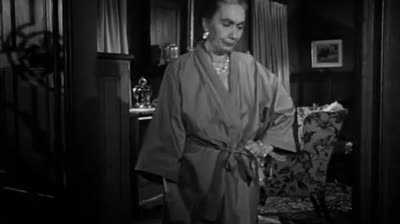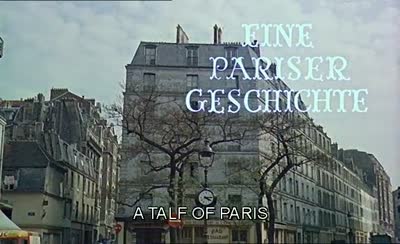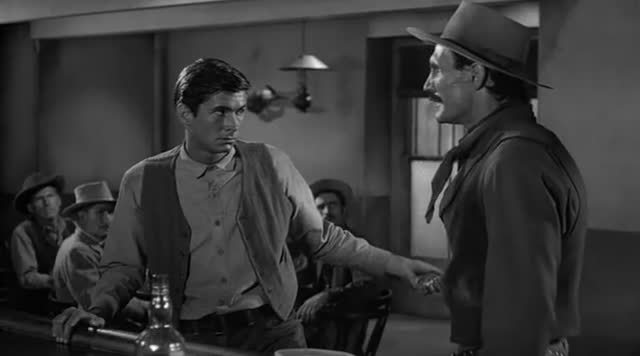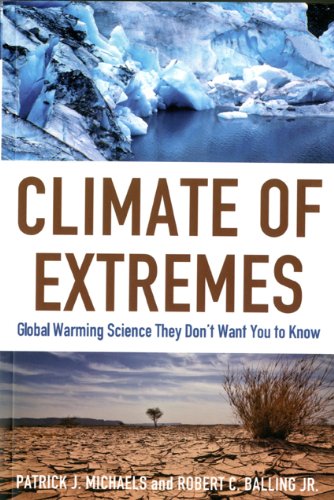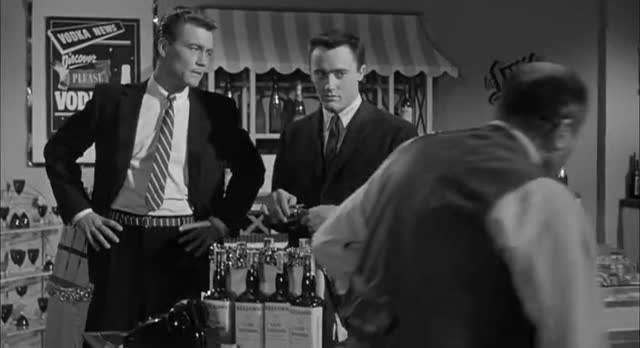12 Angry Men (1957, USA, Lumet)
The one skeptical Fonda on the jury convinces 11 reactionary caricatures that they’re all wrong about their murder case. Watched it all. Hollywood liberals make the best – and the worst – message movies. In fact, they make all of them. And this is one of the very good ones, although it cheats a bit by stacking up everything in favor of Henry Fonda. (There’s even a good case to be made that the defendant was guilty after all.)
Jeanne Eagels (1957, USA)
Artists find themselves so immensely interesting that they tell the rest of us stories about the rise (and fall) of great actors, authors, musicians, etc., over and over again, always emphasizing that although The Artist may be brilliant and wealthy, they too can sometimes be a bit unhappy. Why not tell the story of the rise and fall of great plumbers and used car salesmen? This navelgazing gets tiresome. Except when they get it perfectly right. This isn’t one of those times. Watched: 26 minutes.
The Burglar (1957, USA)
This is now one of my favorite caper movies. It has the same story as all caper movies do: The crew gathers, execute, – and fail. There appears to be no other possible way to make a caper movie. The only variation is in how well the formula is executed. And here the execution is almost perfect. Watched it all.

